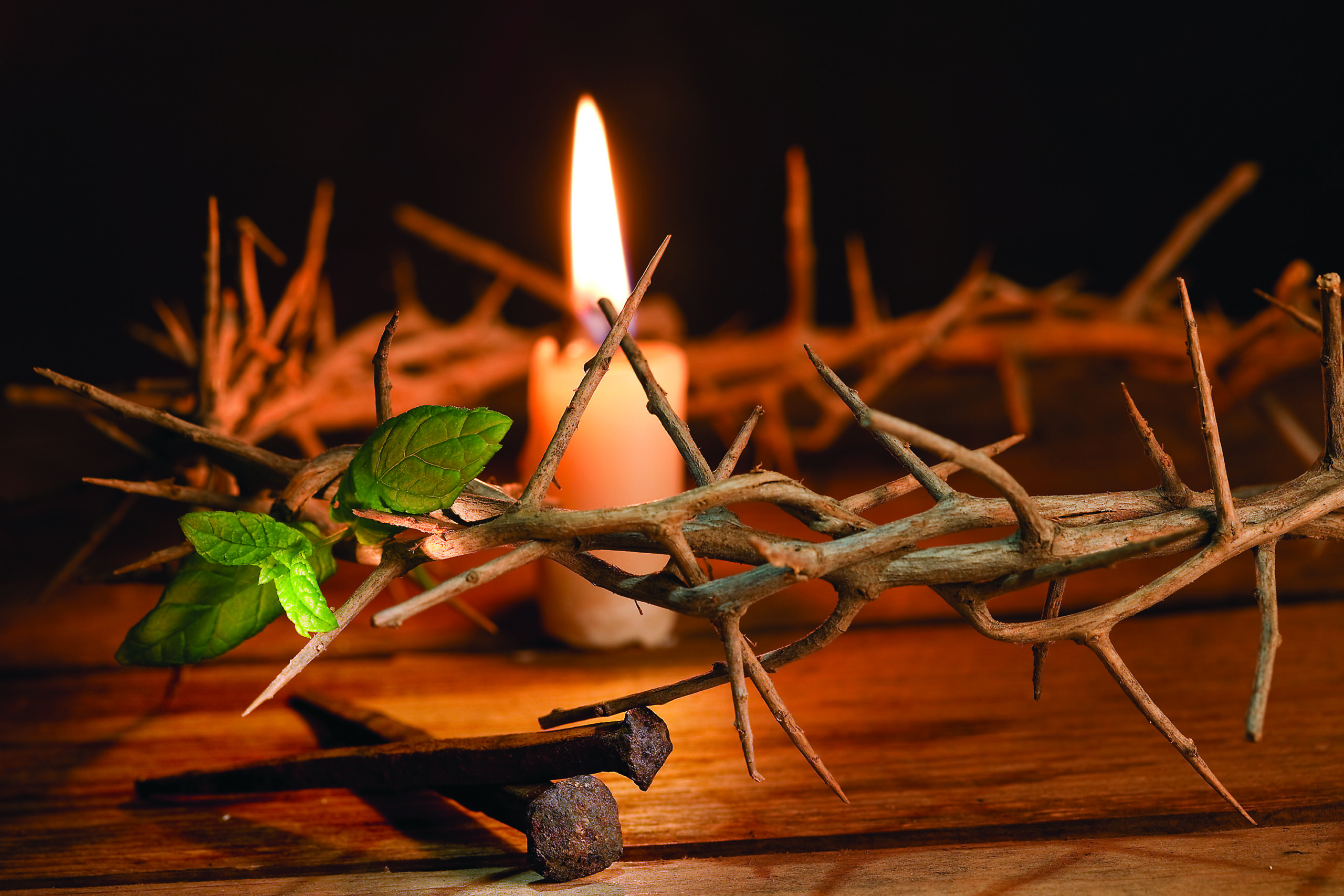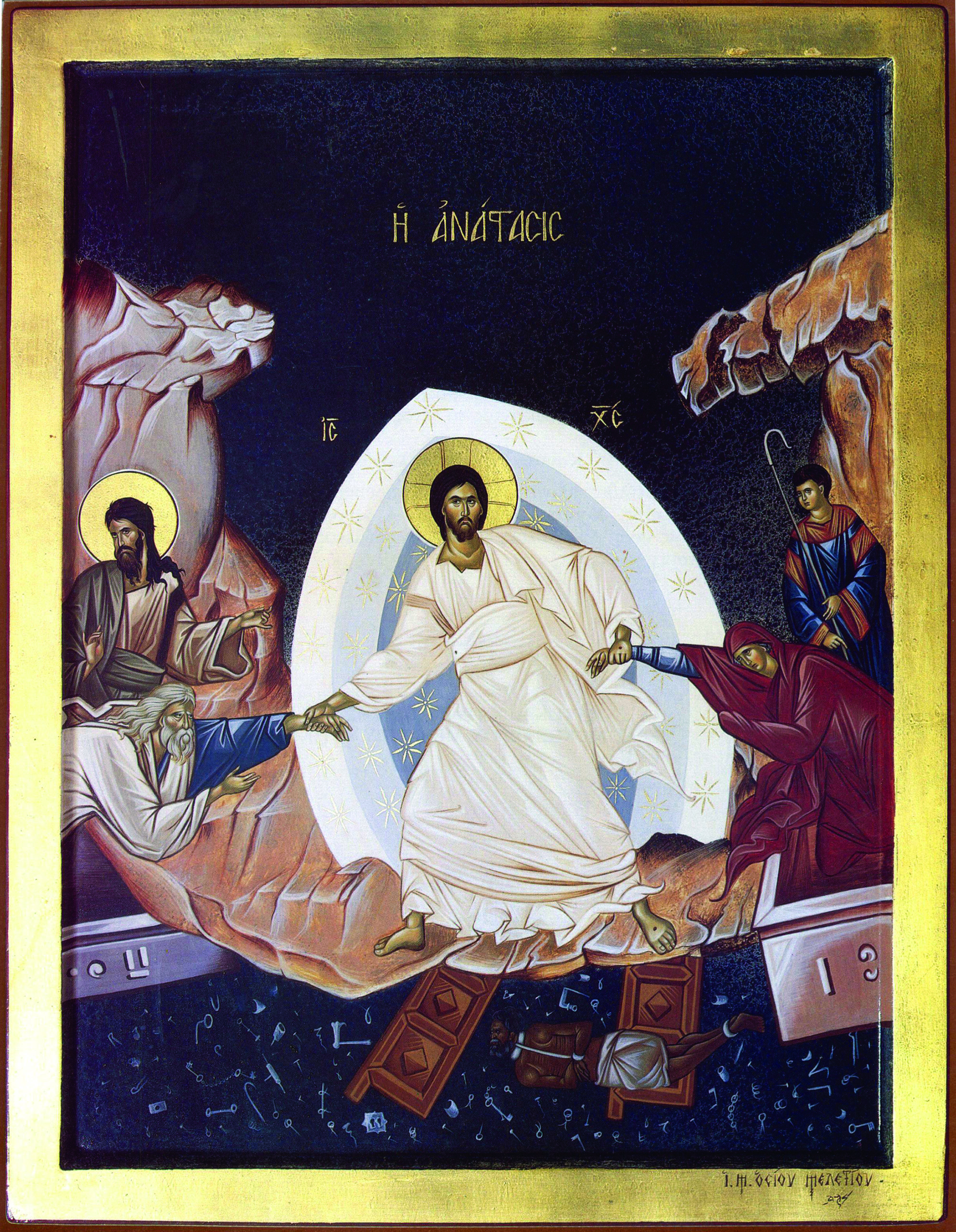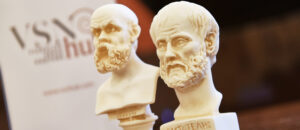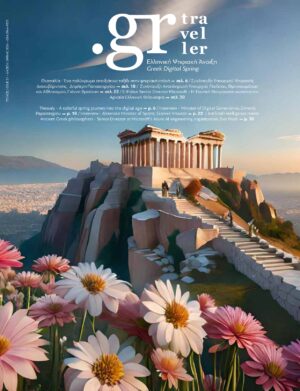FATHER KING KING KALIAKMANIS
PROFESSOR OF THEOLOGY
A.P. THESSALONIKI
Α΄
The Philokalia of the Holy Neptics includes among the Greek Fathers, the Latin Father Cassianus Romanus, who was initiated into the ascetic life in Christ in the regions of Palestine, Mesopotamia and Egypt. Later he studied with St. John Chrysostom in Constantinople. In his writings he preserved the monastic tradition of the East, which he brought to the West. It is worth noting that he teaches at the behest of Bishop Castor, whom he respected as a responsible pastor and whose blessings he asks for, in order to faithfully record the lives of the monks and ascetics. This method of writing is commonplace in the patristic tradition.
In one of his narratives, Saint Cassian speaks of the great value of the virtue of discernment. And he observes that while some monks and ascetics worked diligently, they ended up in error and perdition because of their lack of it.
In the skete of Thebaid, many elders often discussed in their meetings about the perfection of virtue and how the monk can be protected from the traps of the evil one, in order to approach God. They agreed that the purpose of the ascetic life is communion with Christ, stressing that fasting, vigils, penance, the contempt of wealth, renunciation of the world and the reading of the Scriptures “are not perfection, but tools of perfection. For perfection is not found in these things, but is by these things brought down.

One evening, in a similar discussion, each ascetic would give his opinion, giving first place to a virtue. Some promoted exercise and fasting, others vigilance, chastity, chastity, incontinence and contempt for material goods, while others promoted selfless love, charity and various other virtues. When most of the night was spent in conversation, Abba Anthony was the last to speak. All virtues are necessary, he said, but we are not allowed to give them primacy, because there is always the danger of error, either from excess or from lack. Discernment as the “eye of the soul” removes from it “all things pleasing to God”. Without the gift of discernment no virtue can be safe to the end. Thus the distinction, “there is a generator and guardian of all virtues”. The other fathers also agreed with the opinion of Saint Anthony.
The above gerontological discussion has a clear Spiritual, ecclesiological and synodical basis. None of the monks considered himself an authority, nor did he insist on his opinion. They all accepted the enlightened position of Abba Anthony, who had a close spiritual relationship with the Patriarch of Alexandria, Saint Athanasius.
Hosios Cassianos cites examples of monks who, while practicing strictly, were deceived because they lacked the virtue of discernment. They did not “church their thoughts” and did not seek advice from inspired spiritual fathers and did not rely on the experience of the Church but on their selfishness.
We will mention only one example of deception, which has to do with the Easter season we are in. The case of the elderly ascetic Heron is characteristic, who, while fasting and abstaining with strictness for many years, and especially during Great Lent, reached the point of following his calculus not to celebrate Easter with the other brethren, lest he break the secret quiet life and relax his rule! He did not want to take part in the common assembly, “lest he should meet his fathers and brethren and assemble with them, and be compelled to take bread or any of the things offered at the table, and drink to the same end and for the same purpose.”. And while all the monks had gathered in the Church at Easter for the Resurrection Service, only he was missing. So he was deceived by the wiles of the devil and worshipped him as an angel of light. With a darkened mind at midnight he willingly fell into a deep well, believing Satan’s words that he would come out of it unharmed. The fathers of the Skete with great difficulty pulled him up half dead and after three days he died of thirst. Worst of all, even after they pulled him out of the well, he continued to persist stubbornly in his delusion. Not even his imminent death could convince him that he had been deceived by the wiles of the demons. The other monks with great sympathy attended his death and with great difficulty persuaded Abba Pafnutius, the spiritual director of the Skete, to allow his funeral. Saint Pafnutius, being charitable, did not deprive him of the memorial services and prayers offered to the deceased, because his death could be described as suicide and the indiscreet monk as a “violent murderer”.
It is clear, then, that the ascetic life harbours pitfalls of error even for the strictly practised. That is why St. Cassianos points out that it is impossible for someone to be spiritually damaged by the interaction with his fellow human beings, if he does not have in himself “the causes of the passions.” The Lord, as a physician of souls who knows the wounds, does not recommend avoiding people, but removing the causes of passions and wickedness.
Of course, if the contestant slips into a fallacy, there is the saving path of repentance. It is enough not to remain attached to “selfish calculation” and “self-will” but to follow the inspired spiritual Fathers and the spiritual experience that has been treasured in the Church of Christ.
Β΄

The course of exercise done with discernment is cruciform. The struggling Christian and diligent fighter becomes a fellow traveller with Christ, who takes up his Cross without hesitation. The Cross leads to the Resurrection. Good Friday brings forth the glorious Easter Sunday. Without the Cross there is no Resurrection and without the Resurrection the Cross has no meaning. That is why the Orthodox Easter is a cross-rising Easter. And every person participates wholeheartedly and wholeheartedly in the great feast of faith and encounter with the Risen Lord. Ascetic communion and confinement with Him makes him a sharer of the divine light and brings him into true communion with his brothers in Christ. But in order for man to recognize the divine presence, he needs first of all to have kept unquenched the divine light that he received in baptism. Thus, membership in the body of Christ, the Church, and the reception of the sacred sacraments make him receptive to the divine illumination.
At the same time, the constant human consent and purification of the passions through exercise is also required. “Let us purify our senses and look to the unapproachable light of the resurrection”, the hymn sings. Fasting, repentance, abstinence, inner brokenness, reconciliation with the neighbour and the practical exercise of love contribute to this. Some see the Risen Christ only as God, while others see Him only as a man. The first ones place him so high that they can’t reach him. The latter strip him of divinity, essentially depriving man of the possibility of becoming a god by grace and transcending decay and death. Here too, discrimination is needed.

But Christ, as the God-Man, opens the way of victory over death and becomes the “firstborn from the dead”. This is the path that the Christian can follow ascetically, tasting from the present life the benefits of the Resurrection. He diligently observes the divine commandments and cultivates the virtues that free him from the bondage of sin. “His death shall not be his” (Rom 6:9).
The light of the Resurrection is lavishly poured out on the world. But it requires clear senses and clear eyes to recognize the energy of the resurrection light. Often spiritual blindness prevents this relationship and communion. But onEaster Eve all feel, however faintly, a ray of divine light illuminating their minds and hearts. In the Eastern Orthodox tradition, despite the alienation, even popular customs survive which declare that people have not completely forgotten the light of their baptism. The candle, the resurrection greeting, the festive table, the embrace of love in Christ, the visit to the graves of loved ones, etc. are some of them.
The resurrection candle, which according to the custom is a gift of the dwarf, melts, shines and illuminates, referring to the ascetic ethos of the cross. Also the greeting “Christ is risen”, “truly risen”, which in some places replaces every other greeting for forty days, is expressive of the ascetic experience of the cross-resurrection. But also the visit to the tombs of the deceased on these holy days shows the faith of the people that the Resurrection of Christ refreshes the souls and is a prerequisite for the Resurrection of the whole human race.















